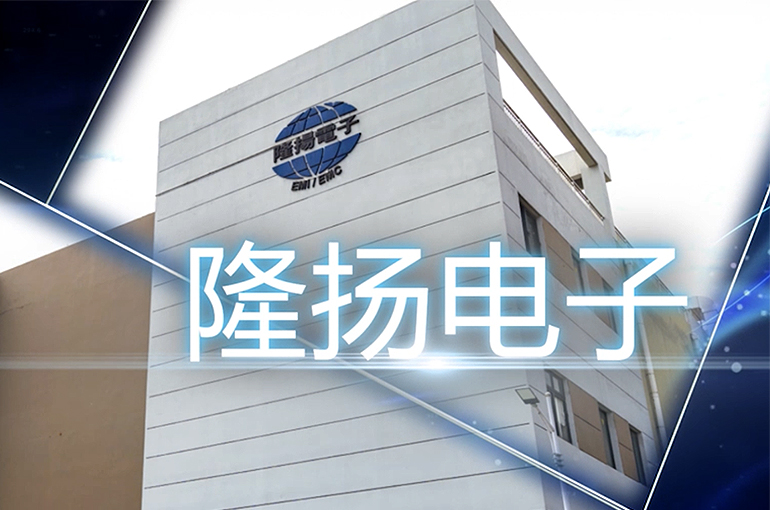 China's Long Young Electronic Falls on Plan to Build Two Plants in Thailand
China's Long Young Electronic Falls on Plan to Build Two Plants in Thailand(Yicai) Aug. 19 -- Shares of Long Young Electronic dropped after the Chinese supplier of electromagnetic interference shielding materials said it will invest CNY200 million (USD28 million) to build two factories in Thailand.
Long Young [SHE: 301389] fell 4.4 percent to CNY13.68 (USD1.92) a share as of 2.30 p.m. in Shenzhen today.
Long Young intends to spend up to CNY120 million on a composite copper foil plant and CNY80 million (USD11.2 million) on an EMI shielding materials one, the Kunshan-based company announced late on Aug. 16. The factories will be located in an industrial park in Thailand's northern Chachoengsao province, it added.
The composite copper foil plant will take four years to construct and is designed to produce various types of products, targeting printed circuit board makers in Southeast Asia and other markets, Long Young noted. The other factory will be built in three years with a production capacity of 62,400 meters of conductive tape and 352 million EMI shielding and related materials a year, responding to a new trend of major clients building factories overseas, it added.
Long Young will terminate a plan to build a new EMI shielding material plant and expand the capacity of an existing one in China and will suspend the construction of a product research and development center to raise funds for new Thai factories, it pointed out.
Thanks to supportive policies and geographical advantages, Thailand has formed an electronic industry cluster, including many well-known PCB manufacturers, Long Young said, adding that the firm must build plants in the country to promptly respond to customers' demand and keep its clients.
Long Young is a leading EMI shielding and insulation materials and solutions provider in China. Its EMI shielding materials have entered the supply chains of well-known terminal brands, including Apple, Hewlett-Packard, and Dell, as well as electronics foundries such as Hon Hai Technology Group, better known as Foxconn, according to its 2023 annual financial report.
Long Young's income from the EMI shielding business made up 80 percent of its total last year, the report showed. Its sales income in tariff-free zones accounted for 35 percent of its total, while its direct earnings from overseas markets made up only 1.8 percent.
Editor: Martin Kadiev